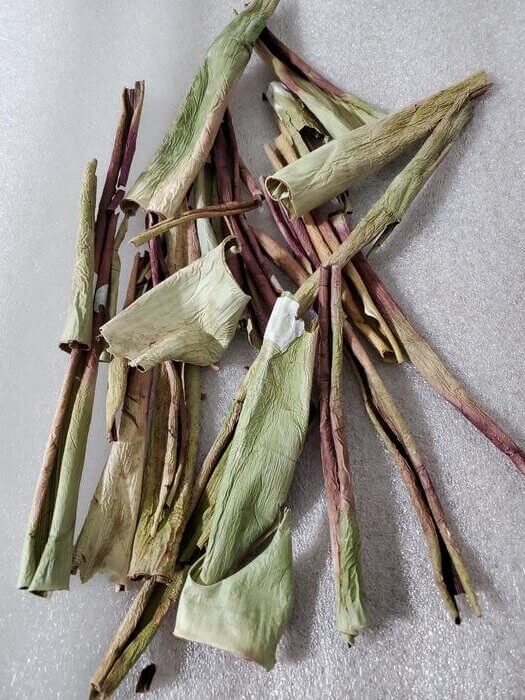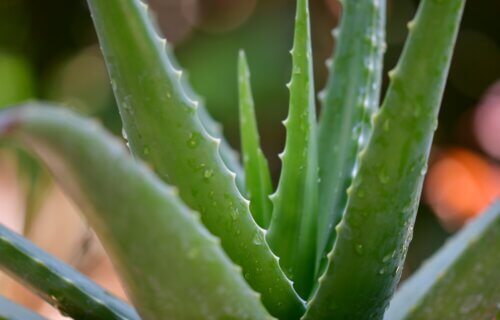SAN FRANCISCO — Aloe vera has been a natural remedy for thousands of years, promoting skin health, improving digestion, and healing wounds. Even today, people still use the gelatinous inside of the plant for these purposes. However, the peel usually ends up in the trash. Now, scientists report that the peels can ward off bugs, acting as a natural insecticide.
“It’s likely that millions of tons of aloe peels are disposed of globally every year,” says Debasish Bandyopadhyay, Ph.D., the project’s principal investigator. “We wanted to find a way to add value and make them useful.”
Bandyopadhyay along with a colleague visited a local aloe vera production site and noticed that insects didn’t come near the leaves. Instead, they attacked other plants. This quickly caught the team’s interest, so they asked the company CEO if they could bring some rinds back to study in their lab. Currently, some home gardeners have started to use aloe gel as an ingredient in a natural pesticide mix alongside onions and garlic. These mixtures typically don’t include the peels. On an industrial scale, aloe peels are treated as agricultural waste and are usually only used to create biomass to improve soil quality at aloe farms. The problem with this is that the waste can release methane and other harmful greenhouse gases.
For this reason, Bandyopadhyay was inspired to explore what recycling peels and turning them into a natural insecticide may look like. A successful result could greatly help farmers in areas where insects can be a significant threat, such as regions of Africa, parts of the Americas, and the maize and millet fields in India. This could also be a much more environmentally-friendly way to dispose of the peels and provide more revenue for aloe vera producers.
“The goal is to recycle this waste in a meaningful way while making aloe production greener and more sustainable,” Bandyopadhyay adds in a media release.

To do this, Bandyopadhyay and colleagues from the University of Texas Rio Grande Valley dried out the peels in the dark at room temperature in order to keep the plant bioactivity intact. The researchers then produced various extracts from the peels with hexane, dichloromethane (DCM), methanol, and water. The team previously reported that the hexane extract contained octacosane, a compound with properties known to repel mosquitoes.
In newer experiments, DCM extract showed much higher insecticidal activity against agricultural pests compared to hexane extract, so the researchers wanted to explore it further. They chemically profiled the extract using high-performance liquid chromatography-mass spectrometry, a technique allowing researchers to identify compounds. The team was then able to identify over 20 compounds in the aloe vera rinds, finding that many had antibacterial, antifungal, and other possible health benefits.
Of the group, these six non-toxic compounds were found to have insecticidal properties: octacosanol, subenniatin B, dinoterb, arjungenin, nonadecanone, and quillaic acid. The researchers explain that this could be the reason that aloe is showing success. At this time, chemical investigation of the methanol and aqueous extracts is still in the works, but like the DCM extract, both have shown strong insecticidal activity.
Bandyopadhyay and the team are looking ahead to testing how the compounds work in real-world settings against pests. One day, this research could lead to a viable insect repellant being out on the market.
“By creating an insecticide that avoids hazardous and poisonous synthetic chemicals, we can help the agricultural field,” says Bandyopadhyay. “But if the peels show good anti-mosquito or anti-tick activity, we can also help the general public.”
The researchers presented their results at the fall meeting of the American Chemical Society, ACS Fall 2023.

